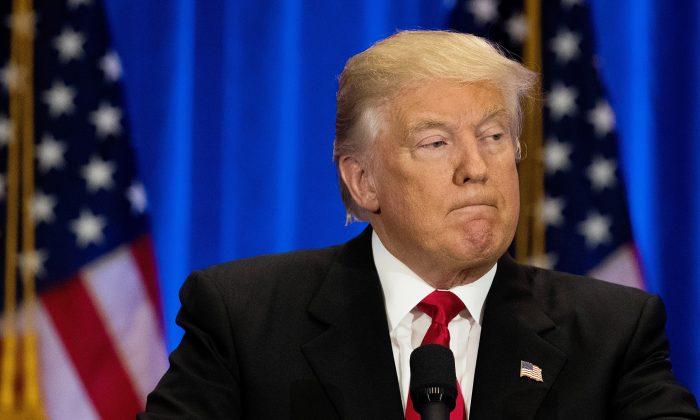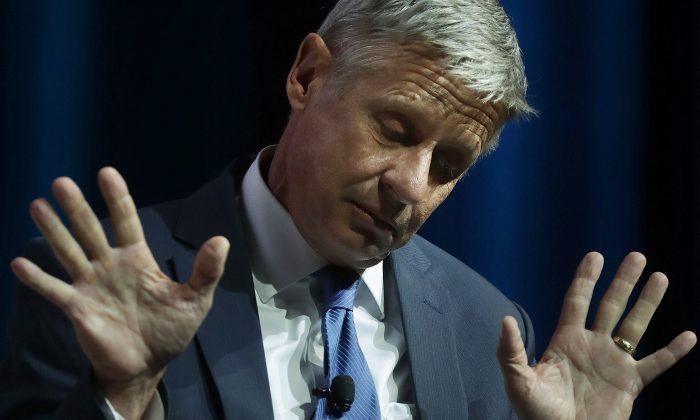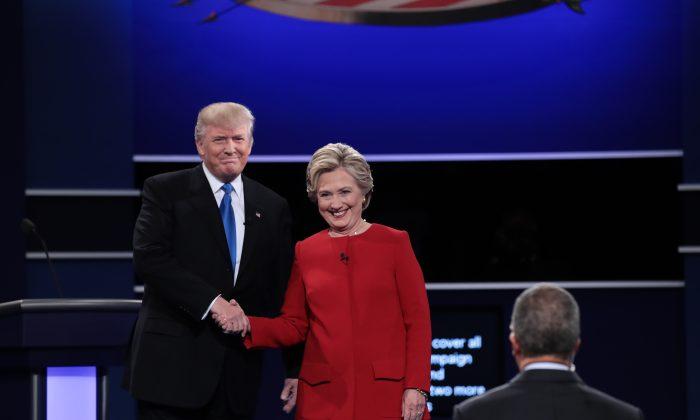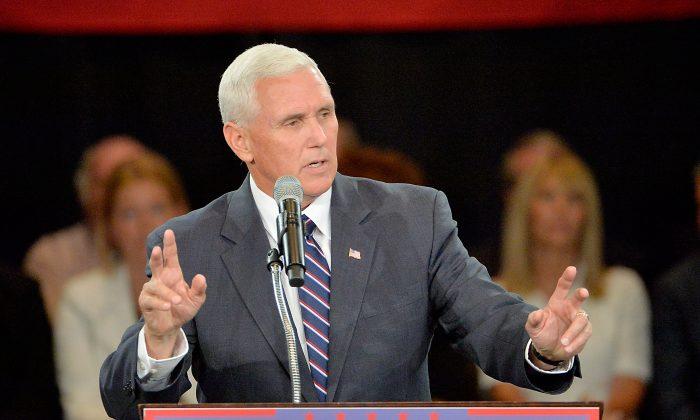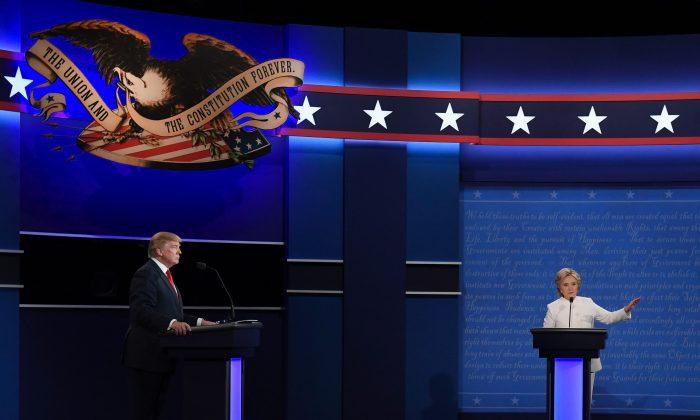Only days before the Republican National Convention in Cleveland, Ohio, the Free the Delegates movement is preparing to make its last stand against Donald Trump.
Started by two Colorado delegates, Kendal Unruh and Regina Thomson, the group seeks to remove the constraints that bind delegates to vote a certain way and allow delegates to vote according to their conscience instead.
The RNC’s rules committee on July 14 began its meeting, during which a conscience clause was expected to be introduced, although that’s unlikely to pass through the committee.
The rules committee is made up of 42 RNC members along with dozens of grassroots activists and lawmakers. The majority of them take their cues from RNC Chairman Reince Priebus, who has publicly rejected any anti-Trump movement and has pushed for the delegates to unify and rally behind the presumptive nominee.
If a majority at the rules committee reject the proposed change, the delegates can still file a minority report on the convention floor if at least 25 percent of the delegates vote for the rule change.
This means that the rules committee would need to have 28 votes cast to have the rule be brought to the convention floor. The movement claims to have the support of at least 30 delegates, according to a report by the Washington Post.
The addition would only be “one declarative sentence” that would encourage delegates to vote however they choose, Regina Thompson said in a telephone interview from Cleveland.
But even if that doesn’t happen, Thompson said that existing convention rules can be interpreted in such a way that delegates are allowed to vote their conscience.
The conundrum concerning the delegate allocation is addressed in rule 16(a)(1) of The Rules of the Republican Party, drawn up before the 2012 Convention in Tampa, Florida, which states:
“Any statewide presidential preference vote that permits a choice among candidates for the Republican nomination for President of the United States in a primary, caucuses, or a state convention must be used to allocate and bind the state’s delegation to the national convention …”
However, rule 42 states that rules 1 through 25 are temporary until the convention, and that the convention itself is only governed by rules 26-42—making the rules binding delegates null and void until they draw up new rules. In order for rule 16 to be binding, the Rules Committee has to re-adopt the rule.
Thompson also praised a judgment by Virginia U.S. District Judge Robert E. Payne, who sided with a Virginia delegate who filed a suit that alleged laws binding a state’s delegates to a particular candidate are unconstitutional.
The ruling was celebrated as a victory for the movements looking to stop Trump at the convention.
The rules of Virginia’s Republican party state that it’s a winner-takes-all state. However, that conflicts with the RNC rules that awards delegates proportionally in contests before March 15. Trump won the state with a little more than 35 percent.
This ruling “sends a message to the other 20 states with similar laws,” said Thompson.
Despite the legal victory in Virginia, the Free the Delegates movement faces long odds in preventing Trump from getting the nomination. Trump won a majority of the states and received over 13 million votes. Reversing the decision of the voters would be a dramatic event that could have long-term effects on the party.
It’s also unclear who would take Trump’s place if he was bumped off the ticket.
Thompson said the Free the Delegates movement has not been working with any specific candidate, and that their goal is not focused on replacing the presumptive nominee, but only on ousting Trump from the ticket.
The VP Option
A secondary plan for the movement, if they can’t oust Trump, is to push for an anti-Trump candidate to be vice president.
The plan would involve changing rule 40 at the Rules Committee Meeting and give delegates the power to choose who Trump’s running mate would be. The nomination would be put to an independent vote, and the delegates aren’t bound to support the candidate chosen by the nominee.
